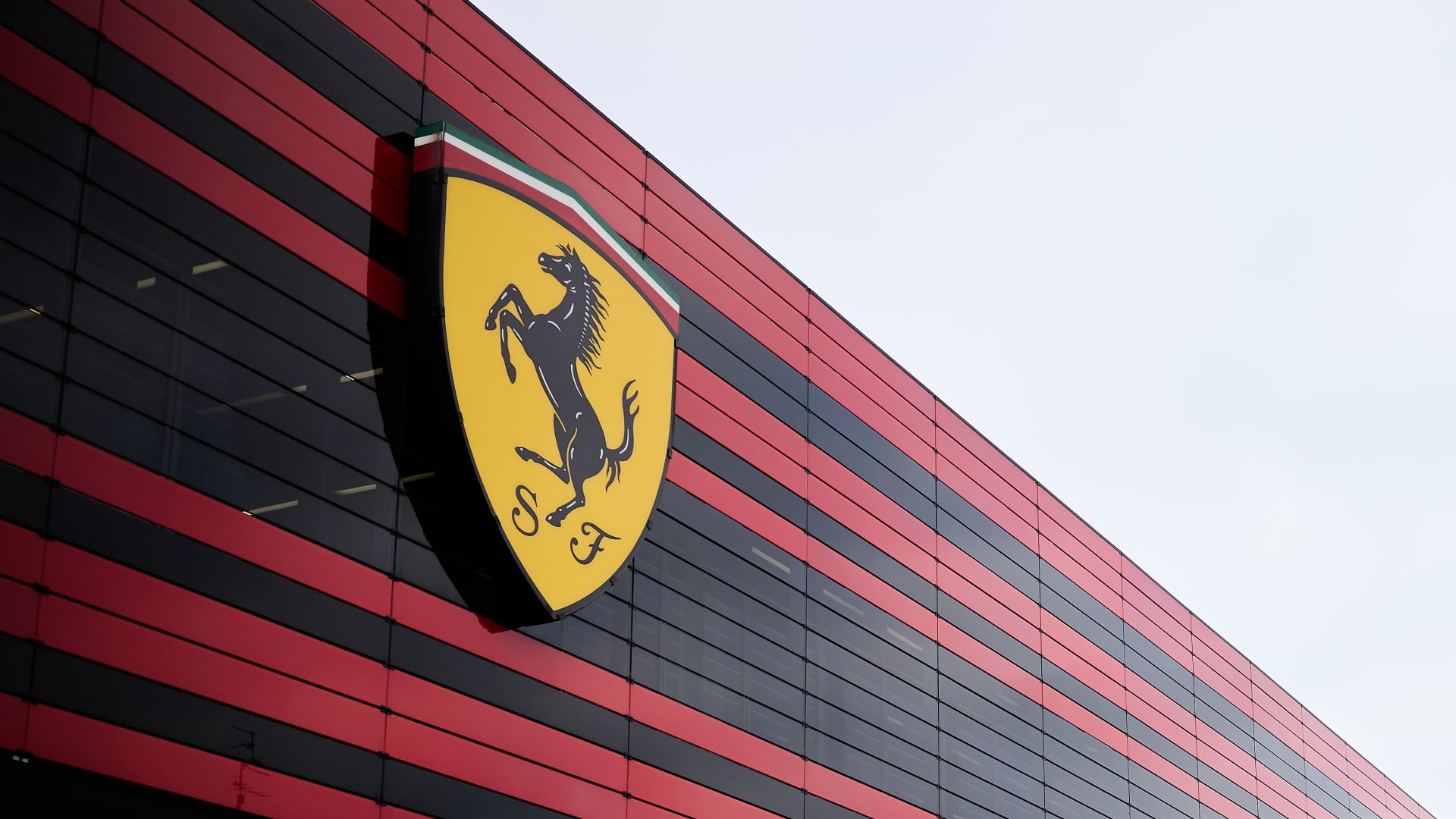Ferrari’s Strategic Navigation of U.S. Auto Tariffs
In the high-stakes world of luxury automobiles, few names resonate as powerfully as Ferrari. The iconic Italian manufacturer has recently found itself in the eye of a storm, navigating the complex landscape shaped by U.S. auto tariffs. This strategic maneuvering offers a compelling case study in corporate resilience and adaptability, revealing how a storied brand can pivot in the face of economic headwinds.
A Strong Start to the Year
Ferrari’s first-quarter performance was nothing short of stellar. The company reported a significant upswing in profit, driven by an insatiable demand for personalized vehicles. This robust performance underscored Ferrari’s ability to leverage its brand’s prestige and the unique appeal of its high-end, customizable cars. Based in Maranello, Italy, Ferrari posted impressive figures, reflecting a 17% jump in first-quarter profit. This success was largely attributed to a strong product mix and growing demand for personalized touches, which are hallmarks of Ferrari’s luxury offerings.
The Tariff Challenge
Despite these positive financial results, Ferrari was quick to acknowledge the potential risks posed by U.S. auto tariffs. The company confirmed its financial targets for 2025 but issued a cautionary note about a potential 50 basis points reduction on profitability percentage margins (EBIT and EBITDA margins). This statement highlighted the delicate balance Ferrari must maintain between sustaining growth and mitigating the adverse effects of external economic factors.
Strategic Price Adjustments
In response to the tariffs, Ferrari announced a strategic price hike of up to 10% for some models in the U.S., effective from April 2. This move was the first concrete response from a European auto manufacturer to the Trump administration’s tariffs. The price increases were designed to offset the financial burden imposed by the tariffs, ensuring that Ferrari could maintain its profitability margins.
The decision to raise prices was strategic, considering Ferrari’s customer base. Bernstein analysts noted that Ferrari’s U.S. customers are unlikely to be deterred by higher prices, given the brand’s prestige and the exclusivity of its products. This pricing power is a testament to Ferrari’s strong brand equity and the loyalty of its customer base.
Long-Term Financial Targets
Ferrari’s commitment to its financial targets for 2025, despite the tariffs, underscores the company’s confidence in its long-term strategy. The luxury carmaker has been proactive in scenario planning to counter potential impacts, as indicated by its CEO. This forward-thinking approach is crucial in an industry where external factors like tariffs can significantly impact profitability.
Industry Ripples
The auto industry is closely watching Ferrari’s moves, as the company’s response to tariffs could set a precedent for other luxury carmakers. European and American carmakers are set to lose up to 17% of their combined annual core profits if the U.S. imposes import tariffs on Europe, Mexico, and Canada. Ferrari’s ability to absorb the impact of tariffs without significantly affecting its sales and profits is a testament to its strong market position.
A Blueprint for Resilience
Ferrari’s response to U.S. auto tariffs demonstrates the company’s resilience and strategic foresight. By raising prices and maintaining its financial targets, Ferrari has shown that it can navigate external economic challenges while continuing to deliver value to its shareholders and customers. The luxury carmaker’s strong brand equity and customer loyalty are key assets that will help it weather the storm of tariffs and emerge stronger.
As the automotive industry continues to evolve, Ferrari’s approach to tariffs serves as a blueprint for other luxury brands. The company’s ability to adapt and thrive in a changing market landscape is a testament to its enduring appeal and strategic acumen. Ferrari’s journey through the tariff landscape is a story of resilience, innovation, and unwavering commitment to excellence.
Conclusion: Driving Forward
Ferrari’s strategic response to U.S. auto tariffs is a masterclass in corporate agility and brand strength. The company’s ability to pivot in the face of economic challenges while maintaining its financial targets and customer loyalty is a testament to its enduring appeal. As the automotive industry continues to face uncertainties, Ferrari’s approach offers valuable lessons in resilience and strategic foresight. The road ahead may be bumpy, but with a steadfast focus on quality, innovation, and customer satisfaction, Ferrari is poised to continue driving forward, setting the pace for luxury carmakers worldwide.

